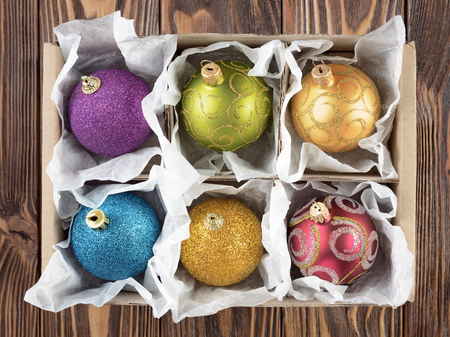
INQUIRER.net stock photo
If you’re decorating for the holidays, lay off the glitter: the material is the latest on everyday items that are slowly destroying the planet.
The shiny arts and crafts material is a “microplastic,” usually made of aluminum and PET.
Dr. Trisia Farrelly, an environmental anthropologist at New Zealand’s Massey University, cites that when broken down, PET releases chemicals which affect animals’ and humans’ hormones.
A study found that among fish caught in the United Kingdom, a third had consumed plastics. Glitter’s small size attracts marine life to it.
Professor Richard Thompson, a top marine scientist who conducted the U.K. study, told The Independent, “I was quite concerned when somebody bought my daughters some shower gel that had glitter particles in it.”
“That stuff is going to escape down the plughole and potentially enter the environment,” he warned.
Scientists have also raised the alarm on microbeads, the shiny particles found in cosmetic products.
Microbeads found in products are set to be banned in British nurseries by 2018. Seven states in the United States have banned it, starting with California in 2015.
Onus on producers, governments
If you love your shiny products, there’s hope: biodegradable glitter is in the market.
Lush, a cruelty-free cosmetics brand has been using a synthetic version.
Farrelly is adamant that companies must initiate the shift to non-plastic products, or at least ensure that the plastic they use is recyclable.
She stated that consumers are becoming “more environmentally and justice-aware and are calling for more honest, transparent labelling. They want to know what’s in their products and where they come from.”
“Governments too, need to play their role in ensuring producers are more responsible,” she added.
“Plastic production has increased 20-fold over the last 50 years so a very conservative eight million tons of plastics are estimated to enter the world’s oceans every year, which eventually break down into microplastics,” said Farrelly.
She warns that without action, by 2050, plastic will outnumber fish by weight in oceans around the world. Niña V. Guno/JB
RELATED STORIES:
Greenpeace: PH is third worst plastic polluter of ocean
Jericho Rosales ‘distressed’ with trash in PH beach: ‘Don’t throw things in the ocean’